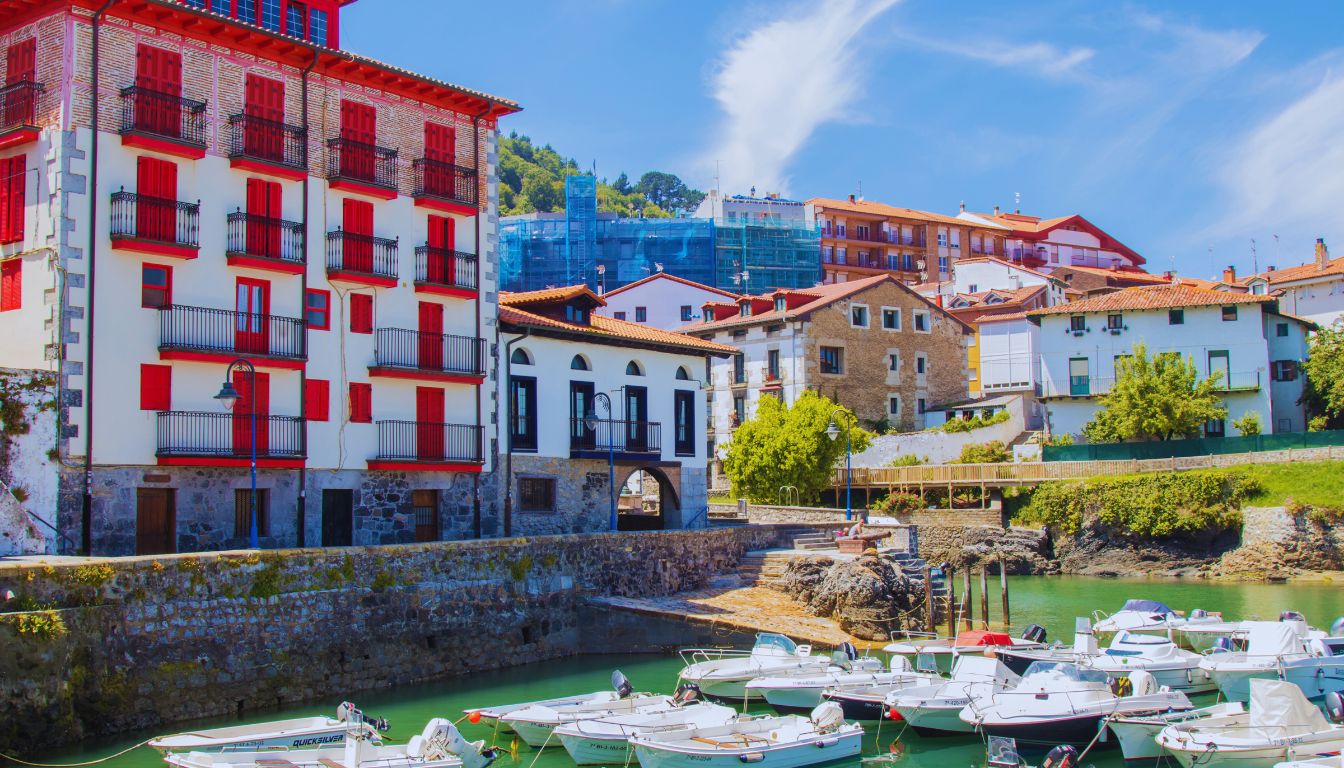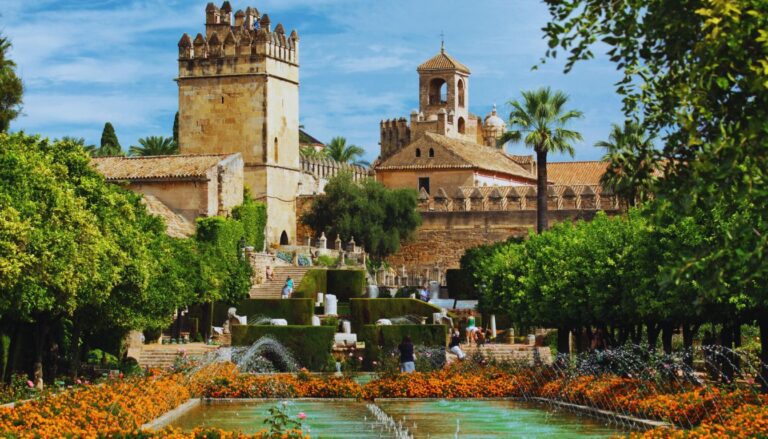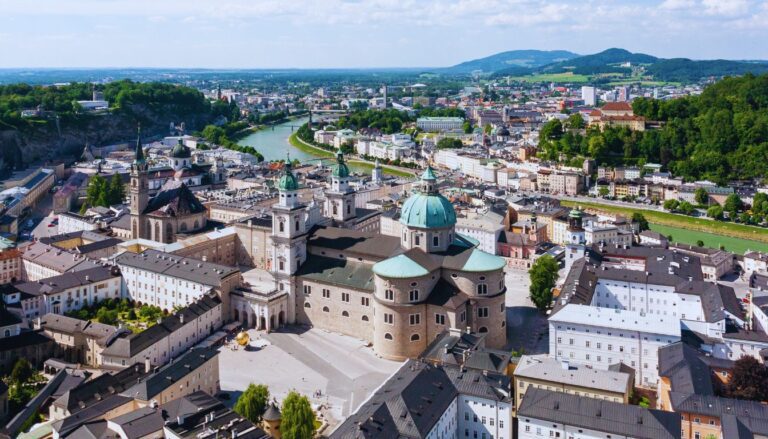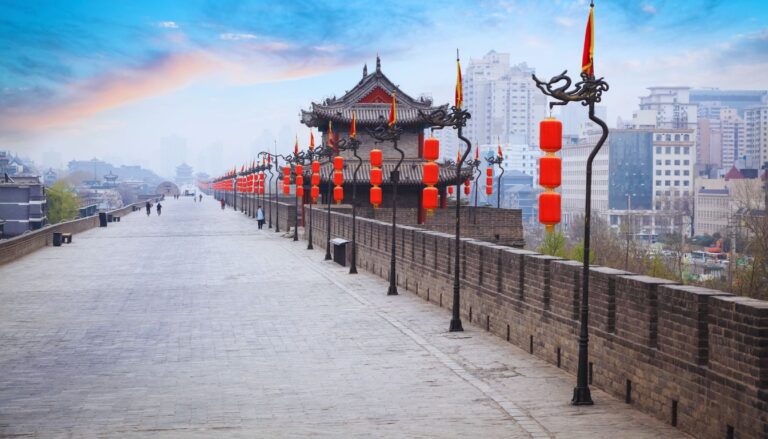In the lush green valleys of northern Spain lies Gernika, a town that embodies the spirit and resilience of Basque culture. Known worldwide for its tragic past and powerful rebirth, Gernika invites visitors to discover the depth of Basque heritage, from ancient traditions to modern symbols of peace. This small town offers a journey through time, where every street and building tells a story of cultural pride and human perseverance.
Table of Contents
Best Places to Visit
Gernika’s most significant sites reflect its rich history and cultural importance:
- Gernika Tree: A symbol of Basque freedom and rights, located near the Assembly House.
- Peace Museum: Dedicated to promoting peace and exploring the town’s history.
- Euskal Herria Museum: Showcases Basque culture and rural life.
- Assembly House and Parliament: Historic site of Basque political gatherings.
- Gernika Market: A lively Monday market, continuing a tradition since 1366.
Things to See and Do
Visitors to Gernika can immerse themselves in Basque culture through various activities:
- Visit the Peace Museum: Learn about the bombing of Gernika and global peace efforts.
- Witness the Gernika Tree: Stand before this living symbol of Basque identity.
- Explore the Monday Market: Experience local life and taste traditional products.
- Tour the Assembly House: Discover the political heart of the Basque Country.
- Attend a Basque Pelota Game: Watch this traditional sport at the local fronton.
Best Time to Visit
The best time to visit Gernika is from May to October. During these months, visitors can enjoy mild weather and various cultural events. Remember that the region can be rainy, so pack accordingly.
How to Get Around
Gernika is a small town that’s easy to explore:
- Walking: Most attractions are within walking distance in the town center.
- Buses: Connect Gernika to nearby cities like Bilbao and San Sebastian.
- Rental Cars: Offer flexibility to explore the surrounding Basque countryside.
- Bicycles: Available for rent to explore the town and nearby areas.
Where to Stay
Gernika offers a range of accommodation options:
- Mid-range: Hotel Gernika
- Budget-friendly: Akelarre Ostatua
- Unique Experience: Rural houses (Casa Rurales) in the surrounding area
- Nearby Luxury: Castillo de Arteaga, a short drive from Gernika
How to Stay Safe
Gernika is generally a safe town for visitors, but it’s wise to take standard precautions:
- Be respectful when visiting memorial sites and discussing local history.
- Keep valuables secure, especially during busy market days.
- Use official taxis or transportation for trips outside the town.
- Stay on marked paths when exploring the surrounding natural areas.
Best Places to Book Your Trip
Planning your dream trip is easy with trusted travel platforms. To secure the best deals on flights, accommodations, and tours, check out:
- Booking.com: Offers a wide range of hotels, apartments, and hostels to suit every budget.
- GetYourGuide: Book unforgettable experiences like guided tours, cooking classes, and fast-track passes.
- Expedia: A great platform for bundling flights, hotels, and car rentals for a seamless booking experience.
- Skyscanner: Perfect for finding the best deals on flights.
Conclusion
Gernika stands as a powerful testament to the enduring spirit of Basque culture. From its ancient traditions embodied in the symbolic Gernika Tree to its modern commitment to peace and reconciliation, this small town offers visitors a profound journey through Basque heritage. As travelers walk its streets, explore its museums, and engage with its warm-hearted people, they’ll discover a place where history comes alive and cultural pride runs deep. Gernika not only preserves the essence of Basque identity but also shares a universal message of resilience and hope, making it a truly inspirational destination for those seeking to understand the heart of Basque Country.













